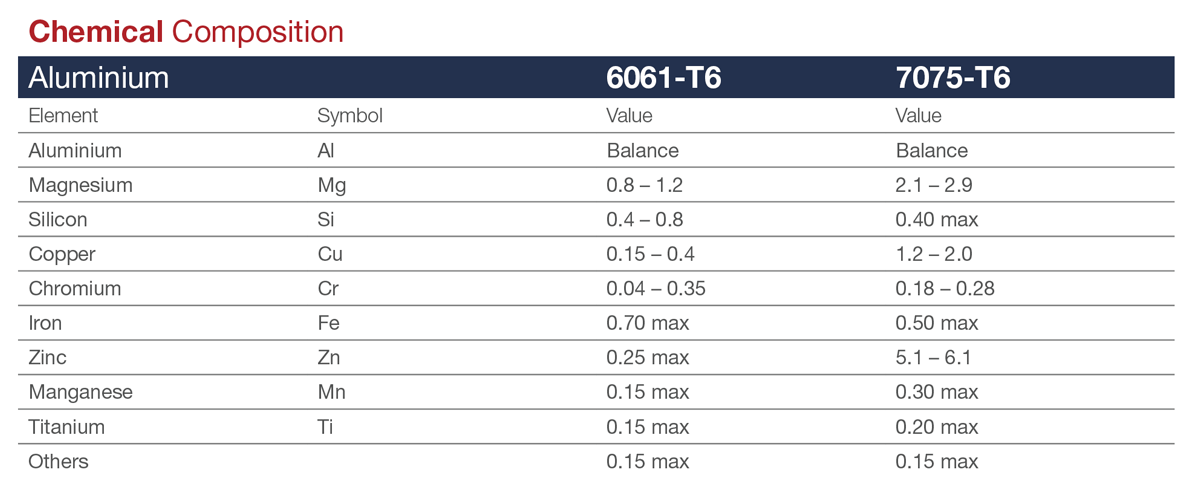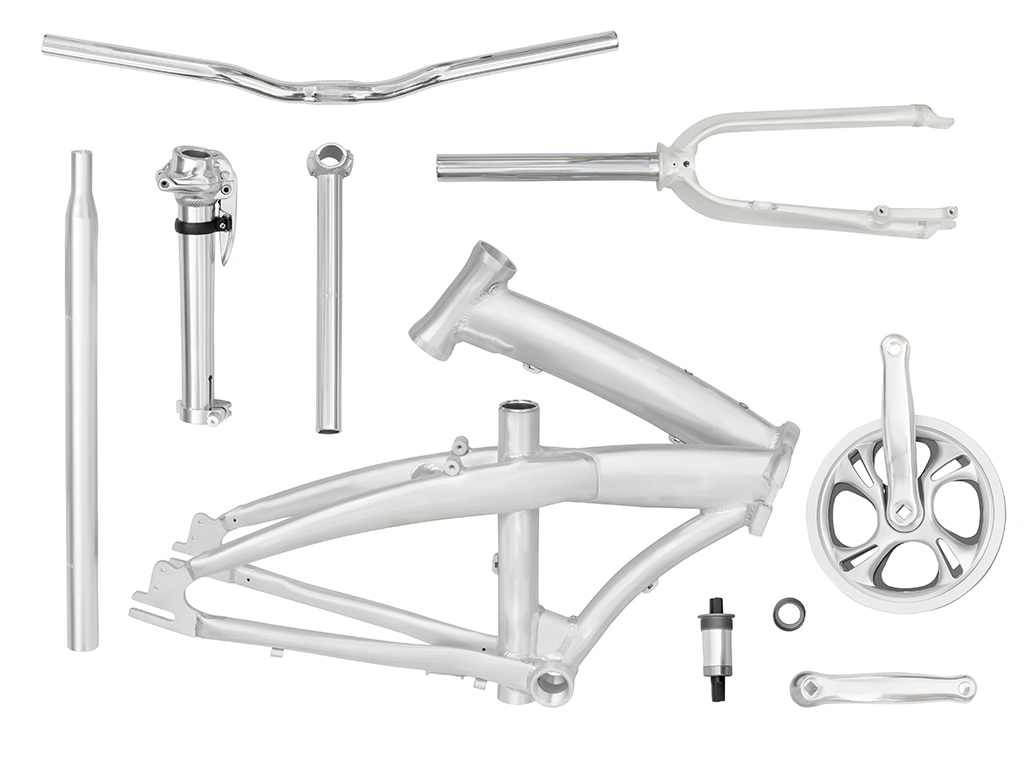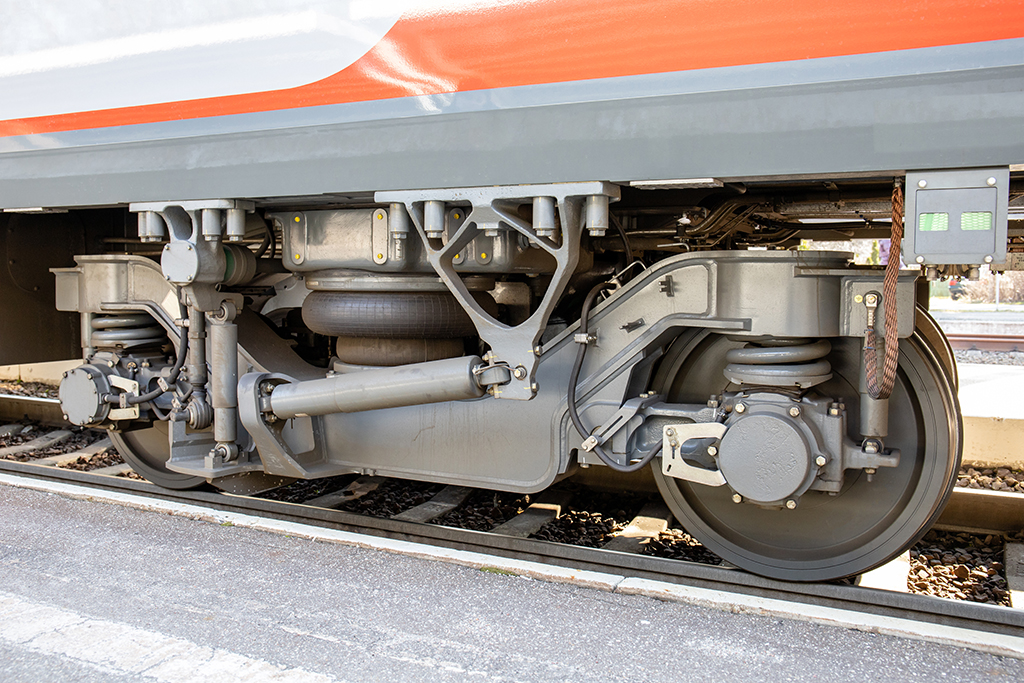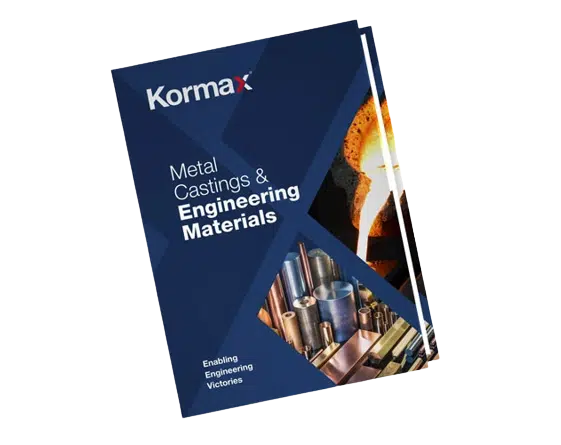Aluminium is a popular choice for various industries due to its lightweight, strength, and versatility. Two common aluminium alloys, 6061 and 7075, often emerge as top contenders for many applications. In this comprehensive comparison, we’ll break down the differences between these alloys to help you make an informed decision about which one is right for your specific needs.
Composition and Properties
Aluminium 6061 and 7075 differ in their alloy compositions and properties. 6061 is known for its excellent corrosion resistance and weldability, making it a preferred choice for structural components and general engineering. On the other hand, 7075 is celebrated for its exceptional strength and hardness, making it suitable for high-stress applications like aerospace and military components.
The initial difference between 6061 and 7075 is readily discernible when examining their numerical designations. 6061 falls within the 6XXX series of aluminium alloy grades, whereas 7075 is categorized in the 7XXX series. This distinction in series implies differences in their chemical makeup.
6061 aluminium features a higher silicon content, while 7075 showcases a notably elevated zinc concentration. Additionally, both alloys contain significant quantities of magnesium. However, in direct comparison, 7075 stands out with higher zinc and slightly greater magnesium and copper in its chemical composition.

Strength and Durability
6061 aluminium offers good strength, but it’s not as strong as 7075. 7075 is renowned for its high tensile strength, which makes it a go-to material for critical load-bearing parts. The yield strength of 7075 aluminium is significantly higher than that of 6061 aluminium, nearly double. This characteristic allows 7075 aluminium to withstand higher impact and pressure for a period without deformation. The yield strength is determined by the chemical composition and heat treatment of the 7075 aluminium alloy.
It’s worth noting that the 6061 aluminium alloy should not be misconstrued as fragile. With a yield strength of 276 MPa, it exhibits robustness that is only marginally lower than some low carbon steels.
It’s important to note that while 6061 aluminium alloy may not be as strong as 7075, it is by no means fragile. With a yield strength of 276 MPa, it offers robust performance, which is only slightly lower than that of some low carbon steels.

Machinability
6061 is easier to machine compared to 7075, making it an excellent choice for projects that require intricate shapes and precise machining. 7075, while more challenging to machine, can still be used effectively with the right tools and techniques. Your machining requirements will play a significant role in the selection process.
Applications
6061 aluminium alloy, often referred to as “structural aluminium,” is one of the most widely used aluminium alloys for extrusion. 6061 is commonly found in applications such as automotive parts, bicycle frames, and general machinery components. Its good formability, ease of fabrication, and corrosion resistance make it versatile for various industries, such as:
- Automotive parts
- Building products
- Industrial and manufacturing equipment
- Marine applications
- Electrical products
Meanwhile, 7075 shines in aerospace components, military equipment, and high-performance sports equipment. Its high strength-to-weight ratio is critical in these demanding applications.
- Aerospace (aircraft wings and fuselages)
- Transportation (parts for automotive, trains, ships)
- Gears and shafts
- Regulating valves
- Sporting equipment
- Machinery nmanufacturing
- Fuse parts


Cost Considerations
Cost can be a decisive factor in your choice between 6061 and 7075. 6061 is generally more cost-effective due to its ease of production and versatility. In contrast, 7075, with its superior strength, can be more expensive. Your budget constraints will impact your decision.
Conclusion
Ultimately, the choice between Aluminium 6061 and 7075 boils down to your specific project requirements. Consider the composition, strength, machinability, applications, cost, and yield strength to determine which alloy aligns best with your needs. Both alloys have their unique strengths, and by evaluating your project’s demands, you can make an informed decision that ensures success in your chosen application.
Get in Touch
Choosing the right alloy for your application is a precise science, and is often the deciding factor in the overall success of your product. At Kormax, we offer our customers expert advice informed by over 75 years of foundry experience. Visit the contact section of our website to speak to one of our team members today.

